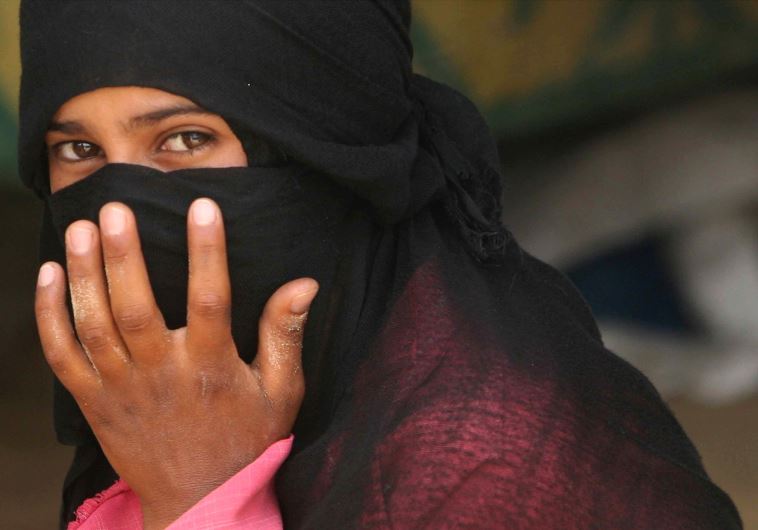Israeli minister launches plan to fight polygamy among Beduin
Justice minister calls for joint effort to combat polygamy; Education Minister Naftali Bennett and Sharia Courts Chief support change.
 A Beduin woman from al-Aweida tribe sits next to her tent in north SinaiUpdated:
A Beduin woman from al-Aweida tribe sits next to her tent in north SinaiUpdated: